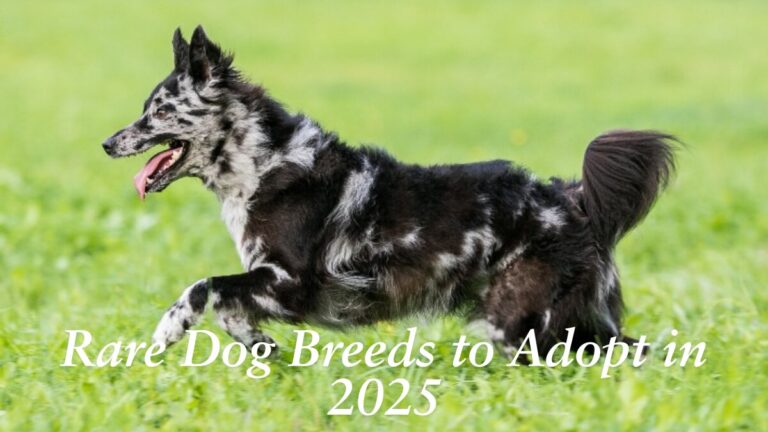Introduction:
Dog breeding is a significant responsibility that directly impacts the health, behavior, and well-being of future generations of dogs. A responsible breeder ensures that the breeding process prioritizes the welfare of both the parent dogs and their offspring. This comprehensive guide explores the ethics, practices, and considerations involved in responsible dog breeding.
The Importance of Responsible Dog Breeding
Understanding the Breeder’s Role
Breeders play a pivotal role in shaping a dog’s genetic makeup, temperament, and overall health. By focusing on ethical practices, breeders contribute to reducing health issues and improving the longevity and quality of life for dogs. A responsible breeder also educates prospective dog owners about proper care, health issues, and the unique traits of specific breeds.
For more insights into dog breeds and their specific needs, check out this resource: Dog Breeds.
Ethical Breeding Practices
Ethical breeding begins with the careful selection of breeding pairs. This involves evaluating their genetic history, health, and temperament. Breeders should avoid mating closely related dogs to prevent genetic disorders. Additionally, regular health screenings and veterinary check-ups are essential to ensure the parents are in prime condition for breeding.
Discover more about maintaining your dog’s health: Dog Health Issues.
Steps to Ensure Responsible Breeding
Research and Education
Before embarking on the journey of dog breeding, thorough research is essential. Understanding canine reproduction, breed standards, and common health concerns lays the groundwork for responsible practices. Prospective breeders should also familiarize themselves with local breeding laws and regulations.
Proper Nutrition for Breeding Dogs
Nutrition plays a critical role in preparing dogs for breeding. A balanced diet rich in essential vitamins and minerals supports fertility and ensures the health of the puppies. Consult with veterinarians to tailor a diet plan suitable for breeding dogs.
Learn more about suitable dog foods here: Dog Foods.
Selecting the Right Breeding Pairs
Evaluating Genetics and Temperament
Selecting breeding pairs requires a detailed assessment of their genetics and temperament. Breeding should aim to enhance desirable traits while minimizing the risk of hereditary diseases. It’s also essential to consider the compatibility of the pairs to produce well-adjusted puppies.
Explore more about training and socializing your dogs effectively: Dog Training.
Health Testing and Certification
Comprehensive health testing is a cornerstone of responsible breeding. Tests for hip dysplasia, heart conditions, and genetic disorders ensure the selected dogs are free from health issues. Certification from recognized canine organizations adds credibility to the breeder’s practices.
Raising Healthy Puppies
Providing a Safe Environment
A clean, stress-free environment is crucial for the physical and emotional well-being of puppies. Ensure the whelping area is warm, secure, and free from hazards. Early socialization with humans and other animals fosters confidence and adaptability in puppies.
Early Health Care
Vaccinations, deworming, and regular vet visits are vital during the early stages of a puppy’s life. Responsible breeders provide a health record and guide new owners on continuing proper care.
If you’re considering pet insurance for unforeseen health needs, check this resource: Pet Insurance.
Educating Prospective Dog Owners
Matching Puppies with the Right Owners
Responsible breeders take the time to assess potential owners to ensure they can meet the needs of the breed. Providing resources and ongoing support helps new owners transition smoothly.
For additional information on pet care, visit: About Us.
Promoting Long-Term Care
Educating owners about nutrition, grooming, and health maintenance fosters a lifelong commitment to the dog’s well-being. Guidance on choosing appropriate dog foods is an essential part of this process.
Learn more about dog care here: Contact Us.
Expanding Knowledge Beyond Dogs
For pet enthusiasts with interests beyond dogs, resources on cat care and training are also available:
FAQ on Responsible Dog Breeding
What is the main goal of responsible dog breeding?
The primary goal of responsible dog breeding is to improve the health, temperament, and overall quality of dogs while adhering to ethical practices. This involves selecting healthy breeding pairs, minimizing genetic disorders, and ensuring the welfare of both parent dogs and their offspring.
How can breeders ensure the health of puppies?
Breeders can ensure the health of puppies by conducting genetic testing on breeding pairs, providing proper prenatal and postnatal care, and maintaining a clean and safe environment. Vaccinations, deworming, and early veterinary check-ups are also essential steps in raising healthy puppies.
How do breeders match puppies with the right owners?
Responsible breeders assess potential owners by understanding their lifestyle, experience, and ability to meet the needs of the specific breed. They educate new owners about the breed’s care requirements and provide ongoing support to ensure the puppy’s long-term well-being.
Final thought:
Responsible dog breeding is more than a process; it is a commitment to the welfare of dogs and their future owners. By adhering to ethical practices, prioritizing health, and educating new owners, breeders play a vital role in nurturing generations of healthy and happy dogs. Explore additional resources for in-depth pet care guidance: Dogs and Cats.
Breeding dogs responsibly ensures a legacy of love, health, and companionship that benefits both pets and their owners.




